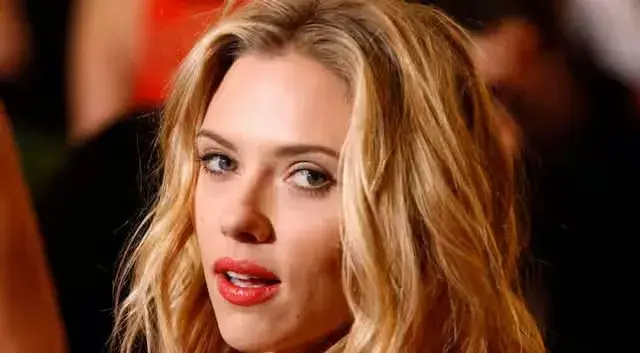Hollywood’s AI Anxiety Heightens Amid Scarlett Johansson’s OpenAI Feud
Scarlett Johansson’s public spat with OpenAI over the alleged replication of her voice for their AI model, ChatGPT, has reignited Hollywood’s fears of artificial intelligence encroaching on creative realms. The controversy stems from Johansson’s accusation that OpenAI mimicked her voice without permission, echoing her performance in the film “Her.” This incident has unsettled entertainment executives, particularly as Hollywood explores potential collaborations with OpenAI. While OpenAI CEO Sam Altman maintains that the voice was not intended to resemble Johansson’s, the dispute underscores broader concerns within the industry. Some fear that AI models trained on copyrighted works could infringe on intellectual property rights, hindering collaboration between content creators and tech companies. This clash highlights the evolving legal landscape surrounding digital likeness rights. Johansson’s case mirrors past legal battles over celebrity endorsements and sound-alikes, prompting discussions about federal regulations to protect voice and likeness rights. As Hollywood grapples with the implications of AI in content creation, the dialogue surrounding deep fakes and digital rights intensifies, signaling the need for comprehensive legal frameworks in the era of advanced AI technology.
Hollywood’s AI Anxiety Heightens Amid Scarlett Johansson’s OpenAI Feud Read More »

